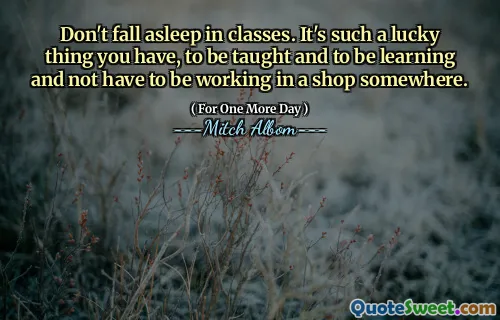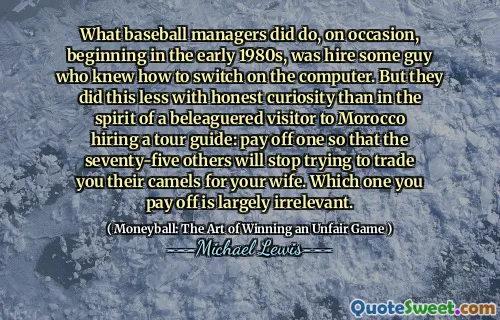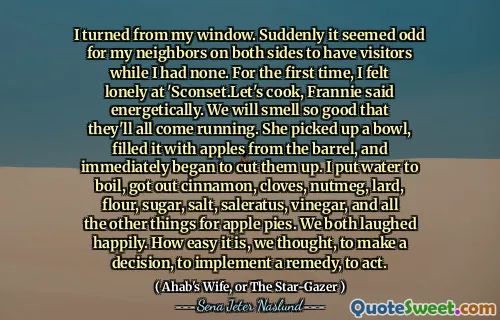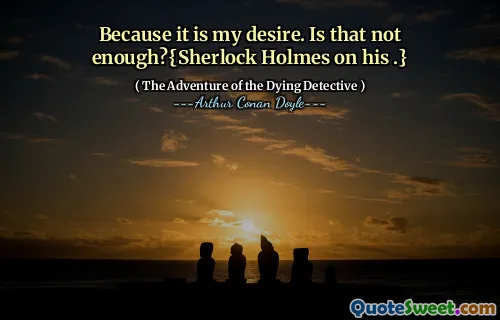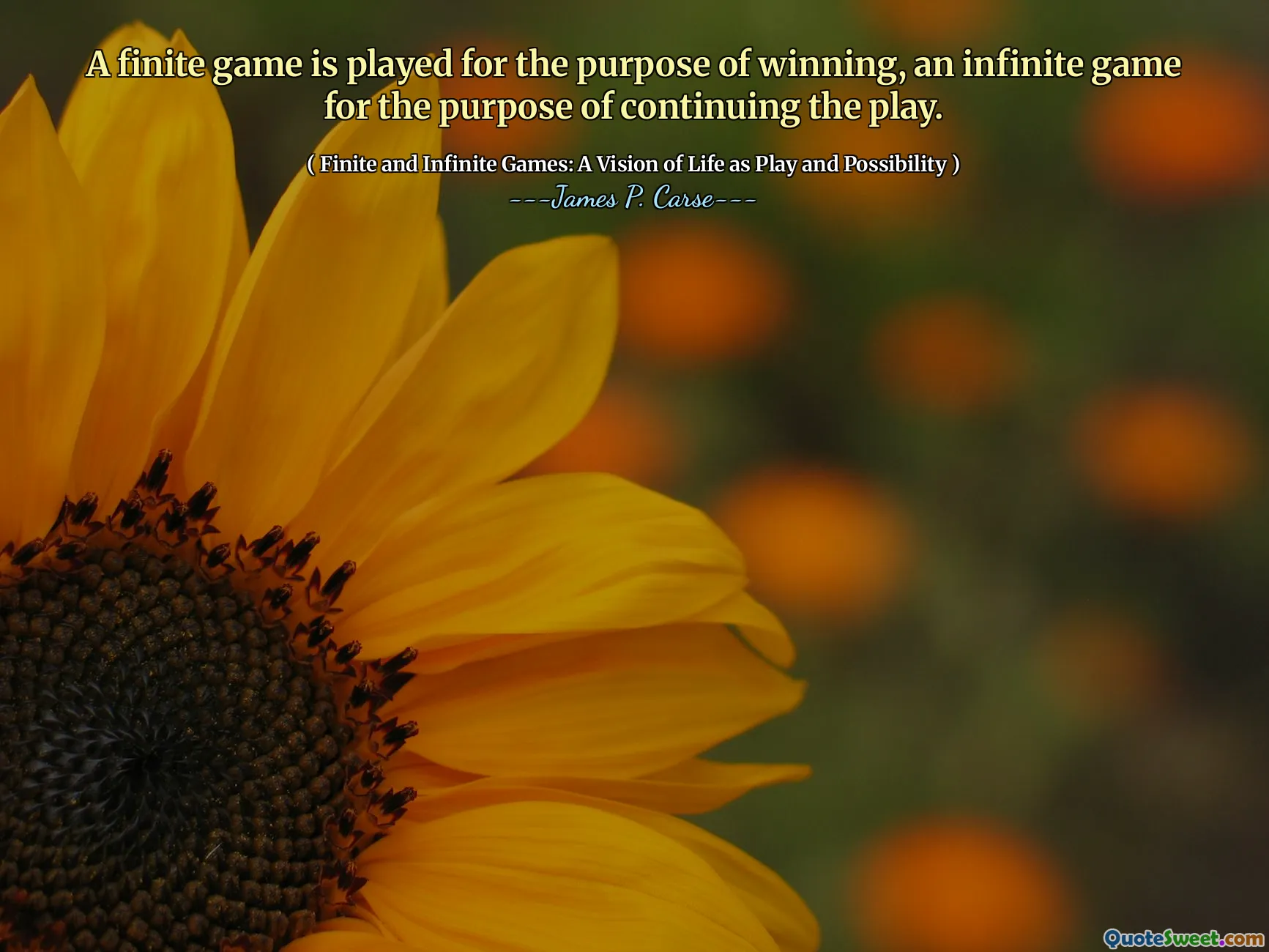
A finite game is played for the purpose of winning, an infinite game for the purpose of continuing the play.
This quote encapsulates a profound perspective on how we approach different aspects of life and activity through the lens of two contrasting types of engagement: finite and infinite games. Finite games are characterized by clear boundaries, established rules, and specific objectives—such as winning, achieving, or reaching a certain endpoint. These might include competitions, negotiations, or any situation where the goal is to outperform an opponent or accomplish a defined milestone. On the other hand, infinite games are ongoing endeavors without a definitive end, where the primary intent is to keep the activity going, to sustain it indefinitely, or to foster continual development and connection.
From a philosophical standpoint, embracing an infinite game mindset shifts our focus from short-term victories to long-term sustainability, growth, and relationships. In personal pursuits, this could translate into valuing lifelong learning, resilience, and adapting over simply winning a single challenge. In organizations or communities, this approach encourages nurturing trust, innovation, and collaboration over simply surpassing competitors at a specific moment.
The distinction also fosters a mindset of purpose in our behaviors. Engaging in a finite game might motivate immediate achievement, but when we view our endeavors as part of an infinite game, our actions become grounded in purpose, meaning, and contribution that surpass mere winning. It invites us to reconsider what success truly means: is it landing the next deal, or is it cultivating ongoing relationships and continuous improvement? This perspective can profoundly impact leadership, personal growth, and our approach to life's ongoing challenges. It promotes patience, humility, resilience, and a sense of shared journey, emphasizing that the true objective is not just to win but to keep the game going indefinitely, enriching ourselves and others along the way.

